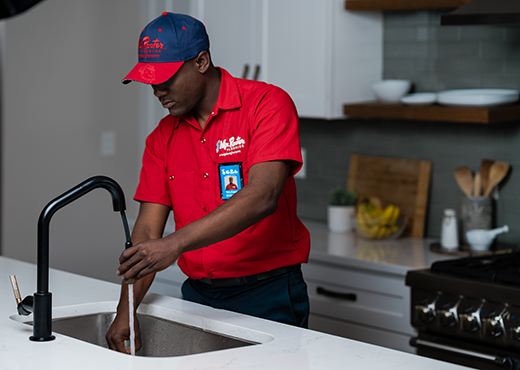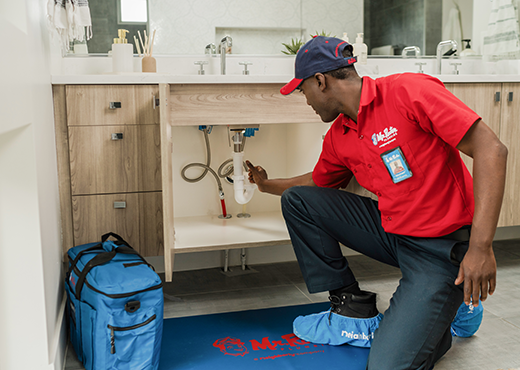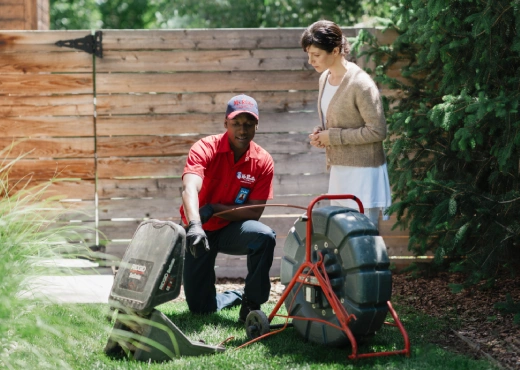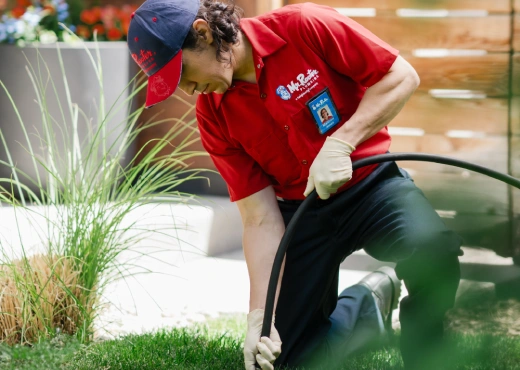Repairing vs. Replacing
When your water heater stops working correctly, it’s important to know how to address problems quickly so you can get back to enjoying your hot water. Mr. Rooter Plumbing of newark is here to help—our plumbers are quick, efficient, and can fix any problems your water heater is experiencing.
Like every appliance, some problems can be fixed with maintenance while others require replacement. For example, draining and checking the pressure valve are two maintenance-related fixes to common problems like accumulated debris and low water pressure. However, other issues, like those caused by water heaters that are 10+ years old, may mean that it’s time to replace the system altogether.






